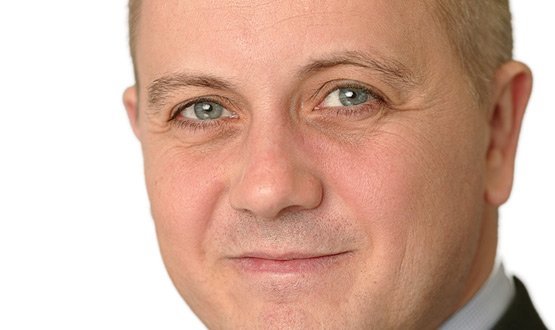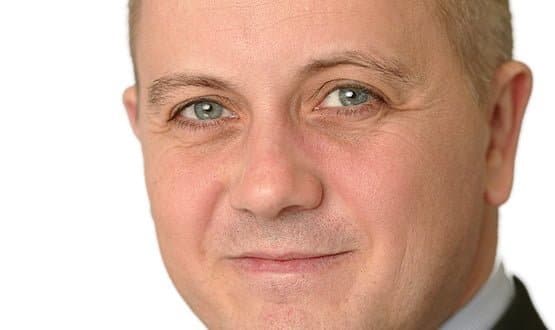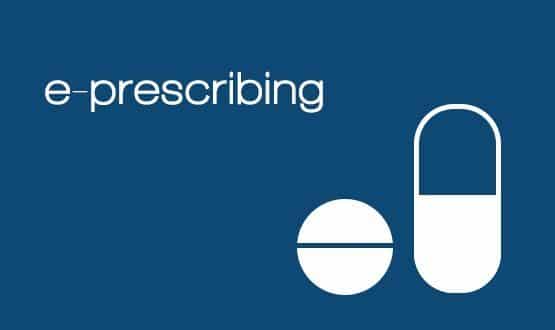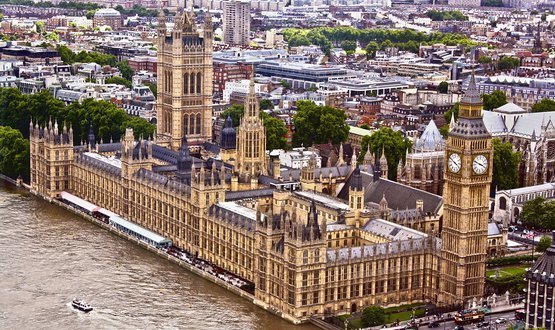IT could save NHS £13.7bn a year: Kelsey
- 17 June 2015

The use of digital technology can create savings in the NHS in England of up to £13.7 billion a year by 2020, according to Tim Kelsey, national director for patents and information at NHS England.
Kelsey presented the plans in a board meeting for the National Information Board, which was set up to deliver the goals in the ‘Personalised Health and Care Framework 2020’ to encourage the NHS to embrace modern technology.
The plans suggest that the work of the NIB could drive savings of £8.3 billion to £13.7 billion across six key areas identified by the board.
These savings would support the £22 billion in efficiency savings required by NHS England in order to fill a £30 billion gap between likely demand and funding by 2020-21. The remaining money is set to come from the government, in line with the Conservative Party’s manifesto pledge to find £8 billion for the NHS over the next five years.
The priority areas outlined by the NIB include the potential to save £1.8 billion to £3.4 billion by supporting shifts in digital channels for patients and citizens, including the use of digital primary care services and a digital version of NHS 111.
The plans say there is also the potential to save £2.7 billion by improving acute and hospital services, including the use of barcodes and electronic health records, and a further £2.3 billion by creating a paper-free system for system transactions though such improvements as greater interoperability.
The remaining three priority areas are transforming general practice; using data for outcomes and research; and improving out of hospital care and NHS integration with social care. Combined, these areas have the potential to save £1.5 billion to £5.3 billion.
Speaking ahead of the board meeting and during his plenary session at today’s King’s Fund’s Digital Health and Care Congress, Kelsey warned that he would put a “huge health warning on these figures”, but was still positive they could be achieved
“We are being ambitious, but we are not being aspirational,” he said. “We are saying these are things that can be delivered by 2020. Some things will happen quickly, others will take more time.”
He added that the challenge to drive efficiencies through the use of digital tools was about more than improving technologies.
“It’s about us in this room and those in our health and care services changing their attitudes; transforming their own cultures to embed the opportunity digital offers.”
He added later in the NIB meeting that there were some areas in which NHS England is confident about achieving savings, including the impact of digital hospital in terms of internal processes.
He said the commissioning board was less certain about efficiencies in other areas, such as active patients improving their approach to self-care with digital devices.
Kelsey also mentioned the importance of receiving central funding in order to make these efficiency-driving improvements, commenting that one of the NIB workstreams was working on a detailed validation of these forecasts in order to prove the case to government.
“We might find that the costs of these programmes is no more than we are already spending, but we need to spend more effectively,” he said.
“However, it seems likely it may involve the addition of investment requirement, and we need to be pretty explicit about what that is and be able to describe its benefit pretty quickly, because the spending review starts in autumn.”
George Freeman, the Conservative government’s minister for life sciences, said during his speech that the government was supporting the drive towards digital by creating policies to make the NHS more open to adopting 21st century technologies.
In particular, he referenced the Lefroy Act to create common patient identifier across the health and social care.
He added that the it was important to deliver and implement “tangible changes” in the next two to three years in order to shape the public discourse to be one that was supportive of creating a more technologically advanced NHS.




